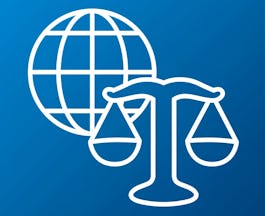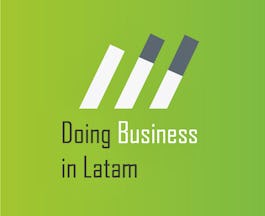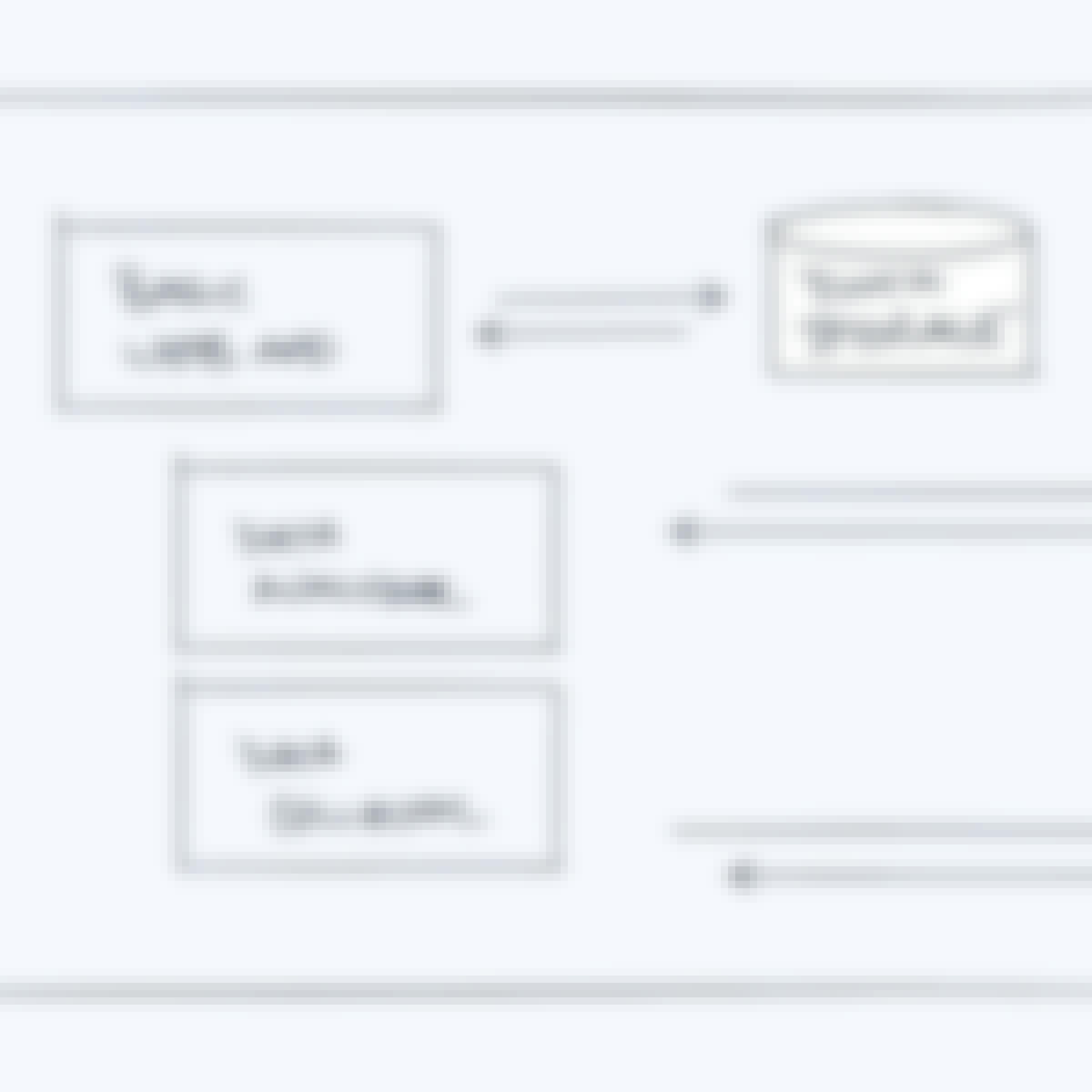Filter by
The language used throughout the course, in both instruction and assessments.
Results for "economics"


Johns Hopkins University
Skills you'll gain: Probability & Statistics, Statistics, Regression Analysis, Probability, Statistical Hypothesis Testing, Probability Distribution, Statistical Methods, Statistical Analysis, Statistical Inference, Sampling (Statistics), Combinatorics
 Status: Free
Status: Free
Universidade de São Paulo
Skills you'll gain: Software Design Patterns, Software Architecture, Software Design, Maintainability, Object Oriented Programming (OOP), Application Frameworks, Systems Architecture, Software Engineering, Programming Principles, Dependency Analysis, Software Quality (SQA/SQC)


Imperial College London
Skills you'll gain: Advocacy, Socioeconomics, Governance, Research, Economics


Universidad de Palermo
Skills you'll gain: Public Policies, Economic Development, Economics, Political Sciences, Policy Analysis, Socioeconomics, Human Development, Behavioral Economics, Social Studies, Social Sciences, Gerontology, Relationship Building, Empathy, Compassion, Cultural Diversity, Governance, Community Development, Child Welfare, Social Skills, Emotional Intelligence


Johns Hopkins University
Skills you'll gain: Gerontology, Epidemiology, Medicare, Policy Analysis, Public Policies, Health Care, Long Term Care, Health Systems, Healthcare Industry Knowledge, Preventative Care, Patient Education and Support, Research, Public Administration


Universidad de los Andes
Skills you'll gain: Innovation, Economic Development, Corporate Sustainability, Environmental Social And Corporate Governance (ESG), Business Strategy, Global Marketing, International Finance, Corporate Strategy, Entrepreneurship, Business Development, Competitive Analysis, Natural Resource Management, Growth Strategies, Economics, Business Technologies
 Status: Free
Status: Free
University of Geneva
Skills you'll gain: Social Studies, Social Sciences, Sociology, International Relations, Culture, Cultural Sensitivity, Economics, Policy, and Social Studies, Cultural Diversity, Political Sciences, Public Policies, Anthropology, Natural Resource Management
 Status: Free
Status: Free
American Museum of Natural History
Skills you'll gain: Infectious Diseases, Epidemiology, Socioeconomics, Infection Control, Economics, Policy, and Social Studies, Bioinformatics, Biostatistics, Social Studies, Health Systems, Preventative Care, Medical Science and Research, Mathematical Modeling, Life Sciences, Diversity Awareness, Demography, Emerging Technologies, Clinical Research, Taxonomy, Data Quality, Innovation


University of Colorado Boulder
Skills you'll gain: Database Management, Web Applications, Microservices, Software Architecture, Software Engineering, System Monitoring, User Acceptance Testing (UAT), Application Development, Distributed Computing, Prototyping, Apache Kafka, Requirements Elicitation, Test Automation, Data Analysis, Continuous Integration, Agile Methodology, Continuous Delivery, Restful API


ESSEC Business School
Skills you'll gain: Business Transformation, Business Modeling, Socioeconomics, Philanthropy, Strategic Partnership, Non-Profit Accounting, Fundraising and Crowdsourcing, Community Development, Resource Management, Governance, Business Economics, Human Resources


Johns Hopkins University
Skills you'll gain: Research Design, Research, Consumer Behaviour, Influencing, Marketing Psychology, Persuasive Communication, Statistical Analysis, Ethical Standards And Conduct, Data Analysis, Data Collection, Advertising, Behavioral Economics, Experimentation, Marketing Communications, Decision Making, Qualitative Research, Psychology, Marketing Effectiveness, Market Research, Image Analysis
 Status: Free
Status: Free
University of California, Santa Cruz
Skills you'll gain: Intercultural Competence, Cultural Diversity, Social Studies, Culture, Socioeconomics, Liberal Arts, Social Sciences, Sociology, International Relations, Economics
In summary, here are 10 of our most popular economics courses
- What are the Chances? Probability and Uncertainty in Statistics: Johns Hopkins University
- Laboratório de Programação Orientada a Objetos - Parte 2: Universidade de São Paulo
- Globalisation and health governance: Imperial College London
- ¿Cómo ser feliz? Familia, Economía y Políticas Públicas: Universidad de Palermo
- A Public Health Approach to Hearing Loss and Aging: Johns Hopkins University
- Doing Business in Latin America: Universidad de los Andes
- Frontières en tous genres: University of Geneva
- Virology and Epidemiology in the Time of COVID-19: American Museum of Natural History
- Applications of Software Architecture for Big Data: University of Colorado Boulder
- Nouveaux modèles économiques des associations: ESSEC Business School










